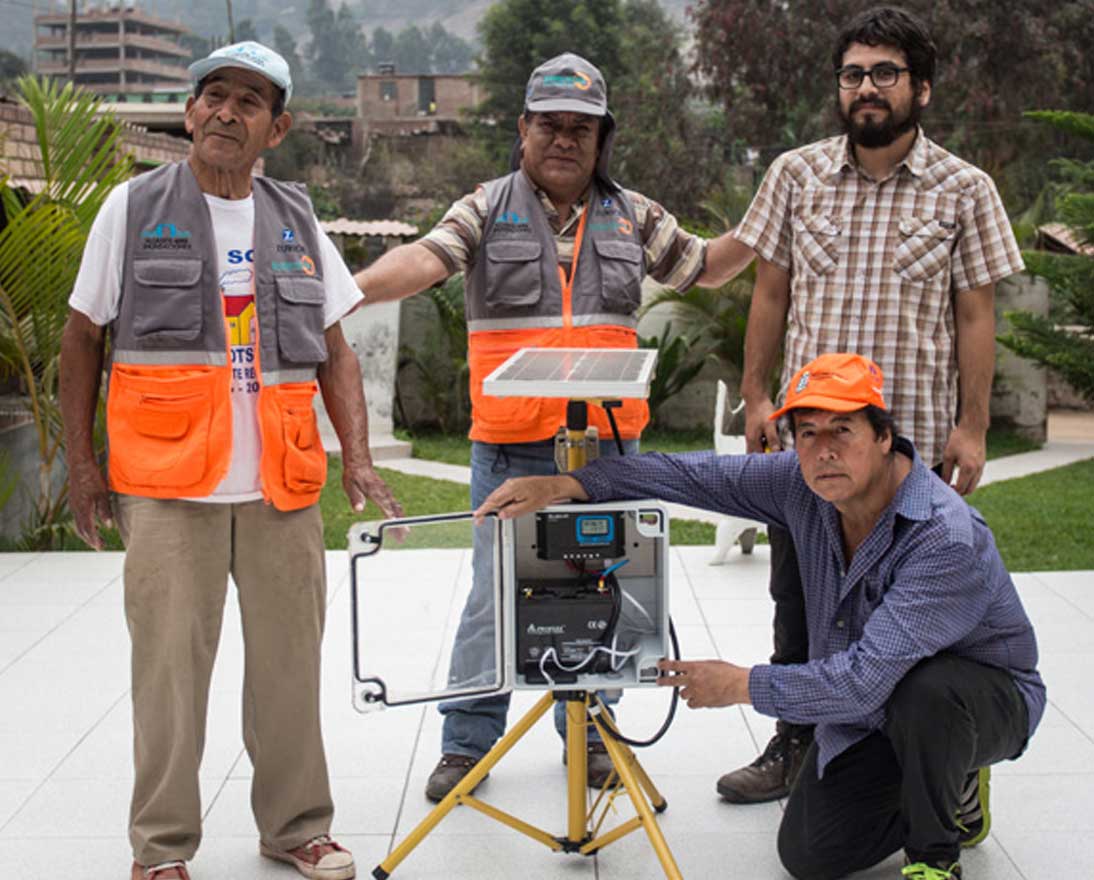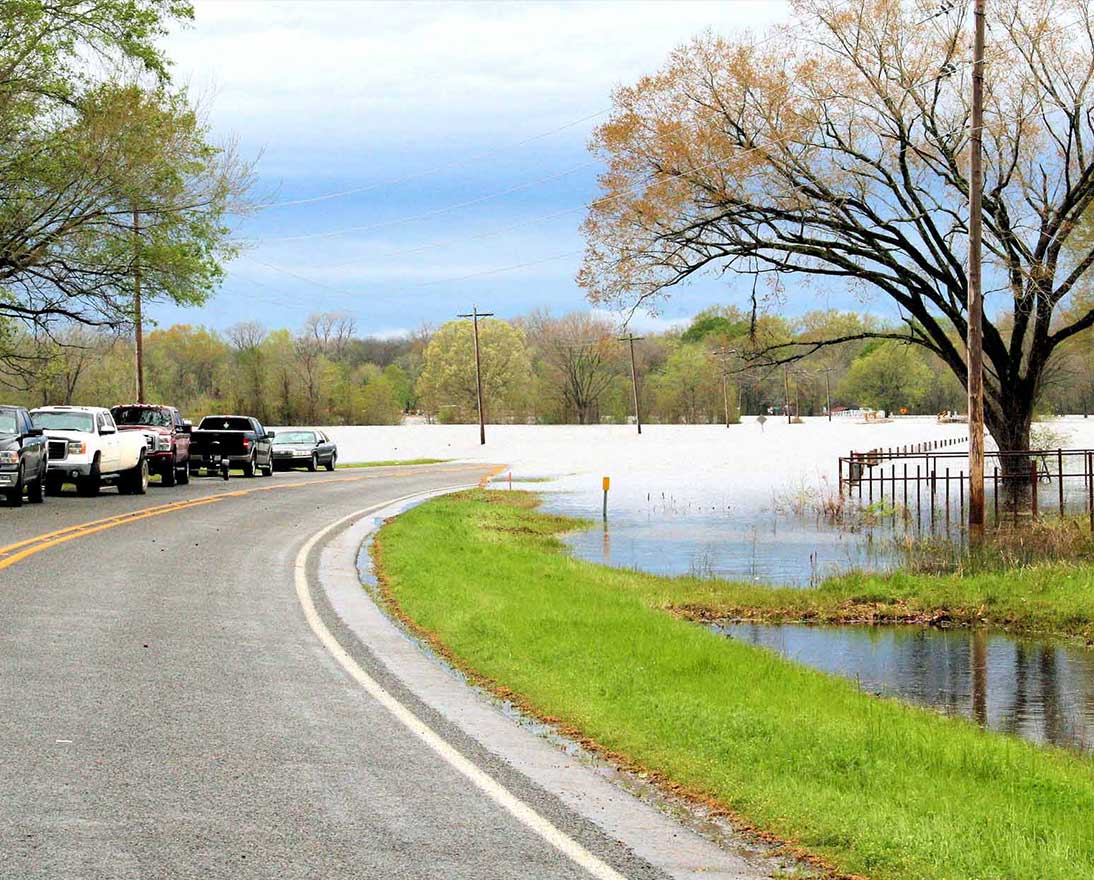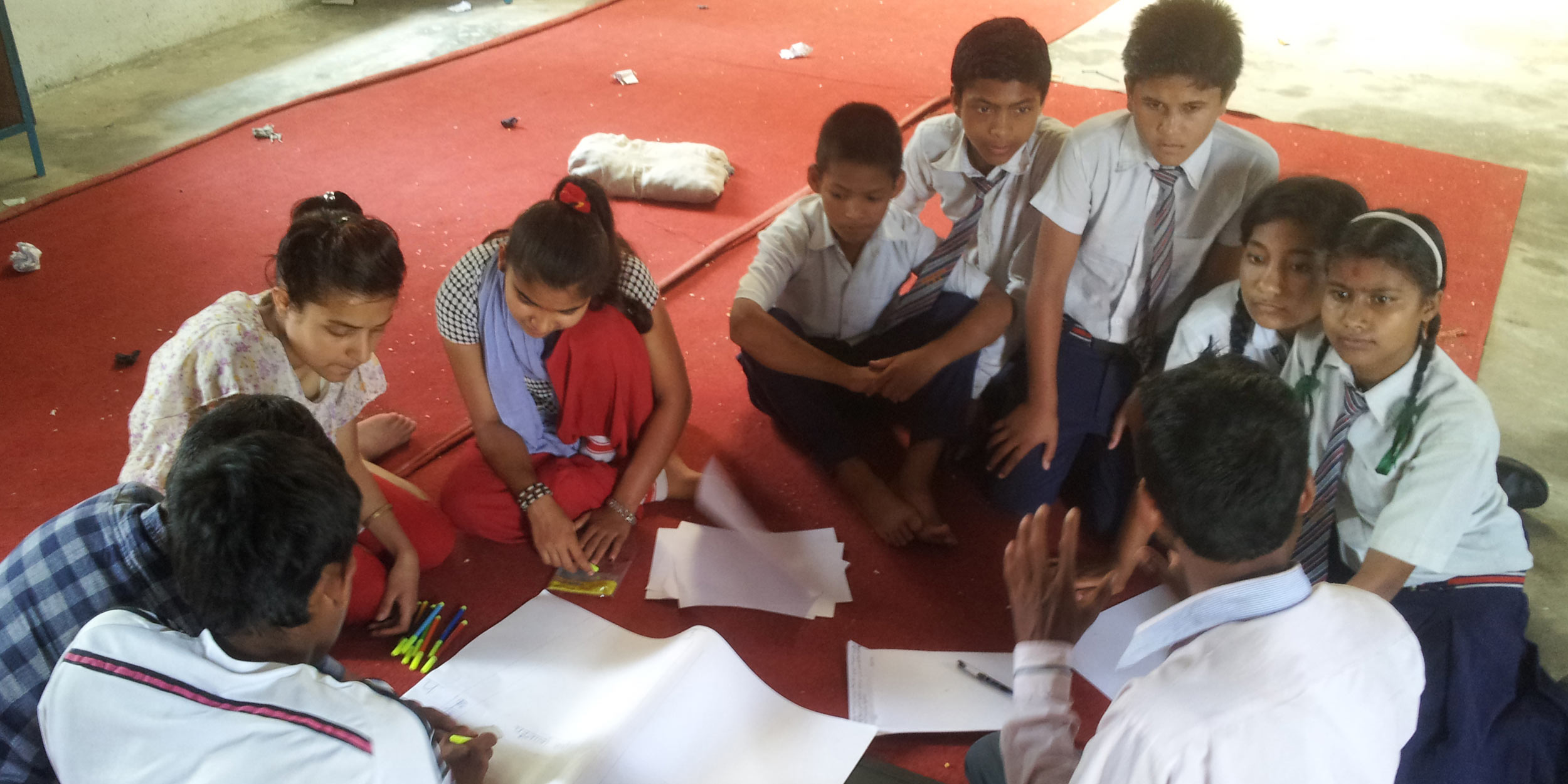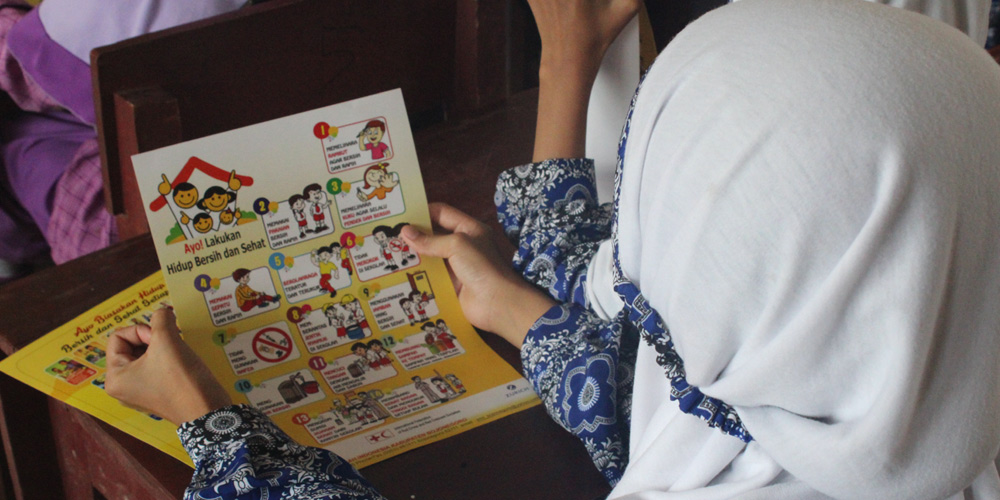
New solutions for the age-old problem of floods
Fish ponds, mangrove tree buffers, amphibious homes – these are just some of the promising ideas the ‘Water Window Challenge’ has generated to help communities become more resilient and better able to deal with floods.
As a leading insurer, Zurich is keenly aware of the damage and risks floods pose. Floods account for around half of all weather-related disasters. Over the last 20 years, flooding has affected 2.3 billion people. In many parts of the world, where insurance is lacking, individuals and communities must rebuild their lives every time a flood occurs.
One of Zurich’s most recent efforts to address these problems is the Water Window Challenge, an idea that came about after Zurich decided to collaborate with the Global Resilience Partnership (GRP).The GRP helps vulnerable communities in the Sahel (a vast semi-arid area in North Africa); the Horn of Africa; and South and Southeast Asia become more resilient to shocks, including the types associated with climate change, urbanization, pandemics and conflicts.
The Challenge took an innovative approach: it asked teams to submit proposed solutions for flood-prone communities to help build resilience. Ultimately, 12 projects out of nearly 400 entries were chosen to receive grants of up to USD 1 million, funded by USD 10 million from the Z Zurich Foundation.
New thinking
The high number of entries to the Challenge was “hugely encouraging,” according to Luca Alinovi, Executive Director of the Global Resilience Partnership. Noting that “there are hundreds of ways to build resilience that can collectively change the way we think about flood prevention,” ideas demonstrating “real promise” will be rolled out quickly, he says.
Going beyond insurance
The Water Window Challenge is just one example of how Zurich aims to go beyond what is seen as the basic mandate of insurance – replacing what is destroyed and waiting for the next disaster to occur. Instead, it wants to raise awareness and shift support toward building resilience, which currently attracts only around 13 percent of disaster-related funding.
“Insurance by itself is not a silver bullet. If we are to have vibrant, stable communities capable of managing risks in future, it is vital that we help communities to become more resilient. Resilience in the face of shocks – the ability of a community to continue to thrive despite the impact of shock – is necessary to provide continuity and confidence for stability and long-term, sustainable growth,” according to David Nash, who manages the Z Zurich Foundation.
“With annual uninsured losses from natural hazard-related disasters running at around USD 100 billion, we can no longer afford to ignore the issues that these threats pose,” says David Nash.
Fish ponds, mangrove, floating homes
Winning ideas that will get support from the Water Window Challenge include those based on new technology, old technology in new contexts, and more holistic thinking when it comes to implementing solutions.
Individual proposals awarded funding include a plan by One Architecture, based in the Netherlands, to develop a coastal greenbelt in Tacloban in the Philippines that includes fish ponds; plans by Seacology, a non-profit organization based in the U.S., to work with people in coastal areas of Sri Lanka to protect against rising sea levels and storms by conserving mangrove forests; and a project being piloted by the University of Waterloo to build low-cost amphibious houses in communities around the Mekong Delta in Vietnam
Learn more
Zurich launched its flood resilience program in 2013 to increase communities’ resilience to floods. The program includes investing around USD 35 million through Zurich’s independent charity, the Z Zurich Foundation to fund ways to increase resilience. Find out more here: https://www.zurich.com/en/sustainability/people-and-society/zurich-flood-resilience-alliance
Related Topics
- Sustainability
- Magazine



